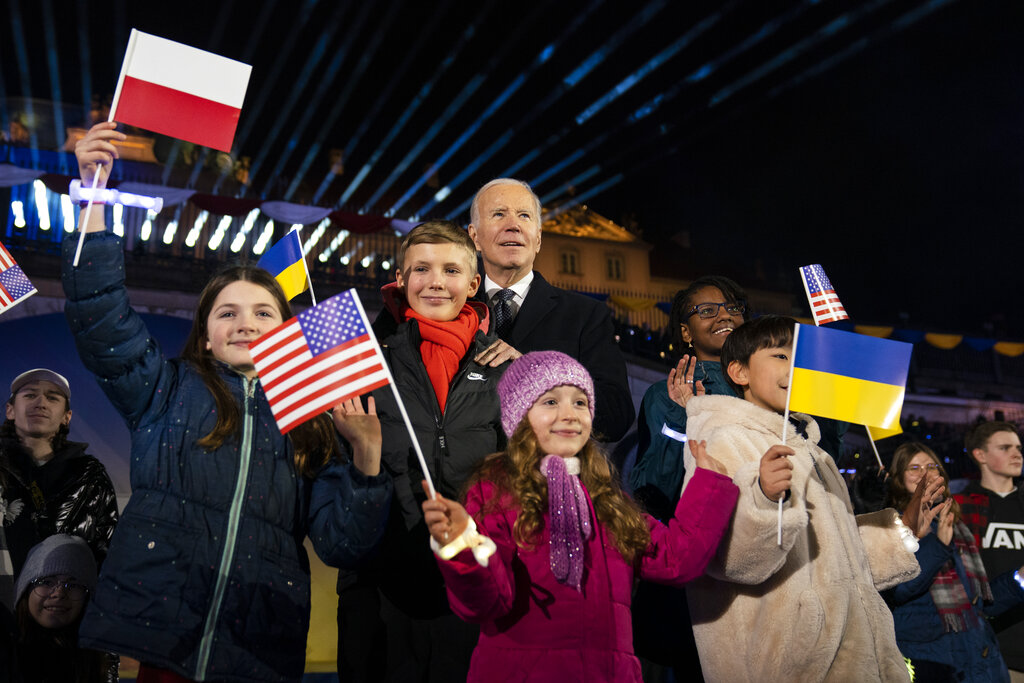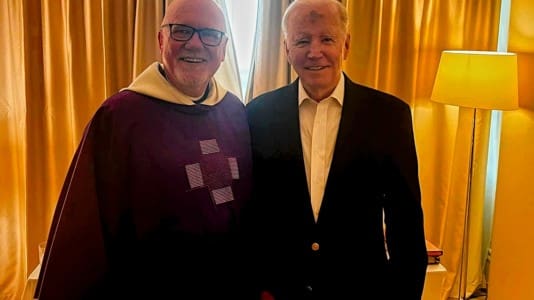The visit of President Joe Biden to Kyiv and Warsaw was historic due to the circumstances and lack of precedent, but his speech in Warsaw was neither outstanding nor groundbreaking. The White House, however, did send a clear political message to Poles.
For the first time, an American leader visited an attacked country, Ukraine, and expressed support for its defenders. Biden’s second visit to Poland within a year also showed recognition for that country and its society. These were exceptional circumstances.
However, the leader of the free world did not suggest that he is supporting any political factions in Poland, even between the lines.
While Donald Trump during his visit had distinguished Polish President Andrzej Duda as his friend, reciprocating the pro-American stance of the Polish president, Biden did not refer to the pro-Atlantic policy of the Polish authorities or the ideological community of the opposition. He did not mention Warsaw’s tough stance toward Russia or any issues related to the rule of law, modernity, or LGBT rights.
The president of the United States was the guest of Andrzej Duda, but without any particular effusiveness, limited only to official ceremonies, and the opposition was given time counted in humiliating seconds. Therefore, Washington clearly indicated that it would hold talks and try to build an alliance with any authority after the parliamentary elections.
This is due to U. S. Ambassador to Warsaw Mark Brzezinski, who, torn between the hard interests of the West towards Russia and the rainbow flag and talk of liberalism, does not portray any political camp in Poland as closer to America. However, comparing America’s attitude with that of the salons of Western Europe reveals a stark contrast.
From Berlin and Brussels, from the mouths of Ursula von der Leyen, Katarina Barley, and the German media-political establishment, contemptuous words towards Poland’s political elections are still emerging.
As the president of the European Commission continues to hope that Tusk will soon become the prime minister, Barley wants to starve Poland, Eurocrats suspend funds for Poland (for which it still pays installments and interest), the EU disregards Poland’s aspirations to be a subject not an object in international politics.
In this sense, America turns out to be a more important and demanding ally. The EU mainstream requires above all servility, acceptance of the ideological agenda, subordination, and acceptance of Poland’s secondary position.
To attract the American president to Poland, one must be a security leader in the region, active in the anti-Russian alliance, and militarily important. To earn a pat on the back from German and French leaders, one must behave exactly the opposite – remain silent.





